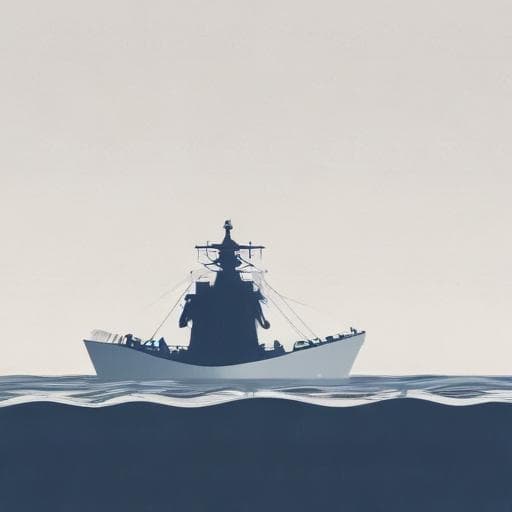Fiji’s Navy Commander, Captain Timoci Natuva, disclosed significant challenges facing the Republic of Fiji Navy during a recent parliamentary hearing. The navy has acknowledged its inability to monitor all vessels entering Fijian waters effectively due to the vastness and porosity of the nation’s maritime borders. Captain Natuva highlighted that while the navy can track vessels outfitted with Automatic Identification Systems (AIS) or those shared through intelligence from neighboring countries, “dark vessels,” meaning those that do not transmit tracking signals, remain unmonitored.
In his presentation concerning the Biodiversity Beyond National Jurisdiction (BBNJ) Agreement, Captain Natuva stated that the resource-intensive nature of naval operations, such as a 14-day patrol costing about $80,000 in fuel alone, limits their capacity for broader monitoring. As a result, the Fiji Navy relies heavily on targeted patrols guided by intelligence from partner agencies to optimize its operations within the expansive 1.3 million square kilometers of its Exclusive Economic Zone (EEZ).
This discussion comes at a critical time as Fiji considers ratifying the BBNJ Agreement aimed at protecting marine biodiversity. Previous reports have raised alarms about Fiji’s positioning as a transit point for illicit activities, particularly drug trafficking. These dangers have been linked to limited naval resources and budget constraints, with the navy’s funding historically less than 20% of the total budget for the Republic of Fiji Military Forces.
Enhancements in maritime security have been a growing focus, with Defence Minister Pio Tikoduadua advocating for stronger naval capabilities, including potential assistance from the Australian government for additional patrol vessels. Such developments signify a proactive stance in addressing maritime threats and improving national security measures.
In summary, strengthening Fiji’s naval capabilities through funding increases and international partnerships could lead to a more secure maritime environment, safeguarding the nation’s waters from illegal activities. By investing in technology and fostering cooperation, Fiji aims to create a robust framework for environmental conservation and national security.

Leave a comment